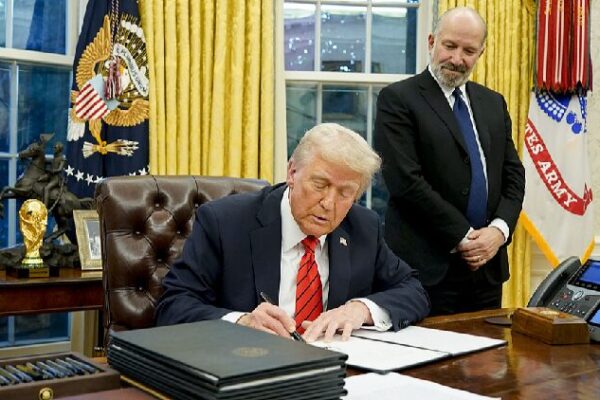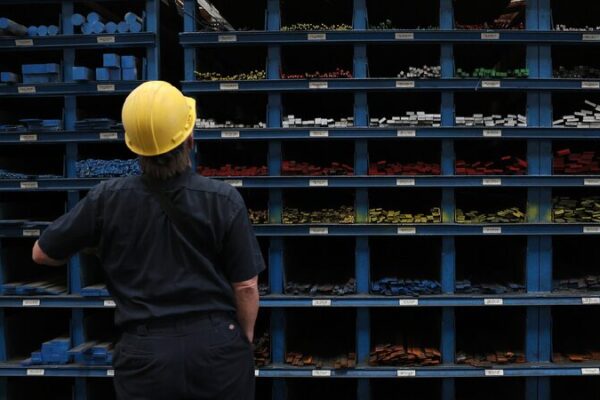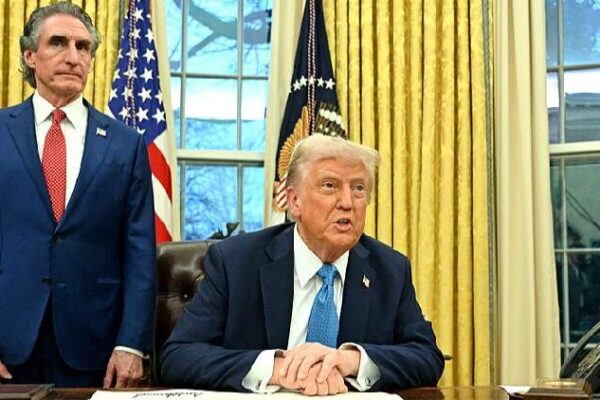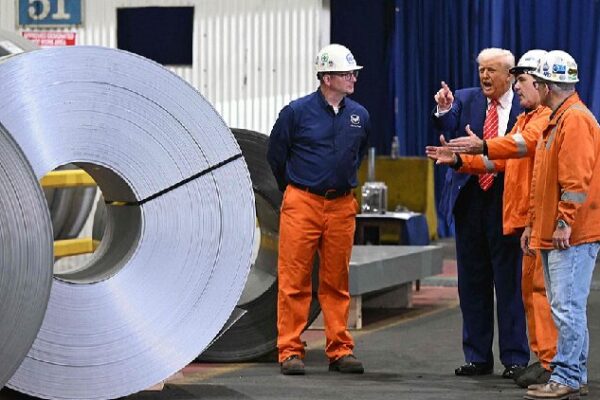Trade tensions are heating up between Canada and China as Canada imposes significant tariffs on Chinese imports, prompting China to announce countermeasures.
What’s happening?
Recently, Canada announced a 100% tariff on imported electric vehicles from China and a 25% duty on Chinese steel and aluminum. China’s Ministry of Commerce expressed strong dissatisfaction, stating that these measures violate World Trade Organization (WTO) rules and harm the legitimate rights and interests of China, as well as the healthy development of bilateral economic and trade relations.
China’s response
In reaction to Canada’s tariffs, China announced that it will implement countermeasures starting March 20, 2025. These include a 100% tariff on Canadian rapeseed oil, oil cakes, and pea imports, and a 25% duty on Canadian aquatic products and pork. China stated that these steps aim to safeguard its own interests against Canada’s trade restrictions.
Impact on industries
Canada’s actions have raised concerns among industry groups. The China Association of Automobile Manufacturers opposes the tariffs, arguing they disrupt global automotive supply chains and harm Canadian consumers. Additionally, China’s counter-tariffs are expected to significantly impact Canada’s agricultural sector, particularly farmers exporting rapeseed oil and other products to China.
Saskatchewan Premier Scott Moe voiced his concerns, noting that the province’s canola industry could suffer from reduced incomes and weakened local economic development due to these trade policies.
Broader implications
Canada’s tariff measures are part of a broader trend, with the United States and the European Union also imposing restrictions on Chinese products, citing alleged unfair subsidies. However, many argue that China’s advancements, especially in the electric vehicle industry, are driven by technological innovation and market competition rather than government subsidies.
The way forward
China and Canada have a long history of trade cooperation, and there’s vast potential for collaboration in agriculture, energy, and manufacturing. Observers hope that Canada will reconsider its tariff measures, adhere to WTO rules, and work with China to promote healthy and stable economic and trade relations. Prioritizing dialogue over protectionism could benefit both nations and contribute to global economic stability.
Reference(s):
Canada tariffs on China breach WTO rules. Win-win is the right path
cgtn.com








